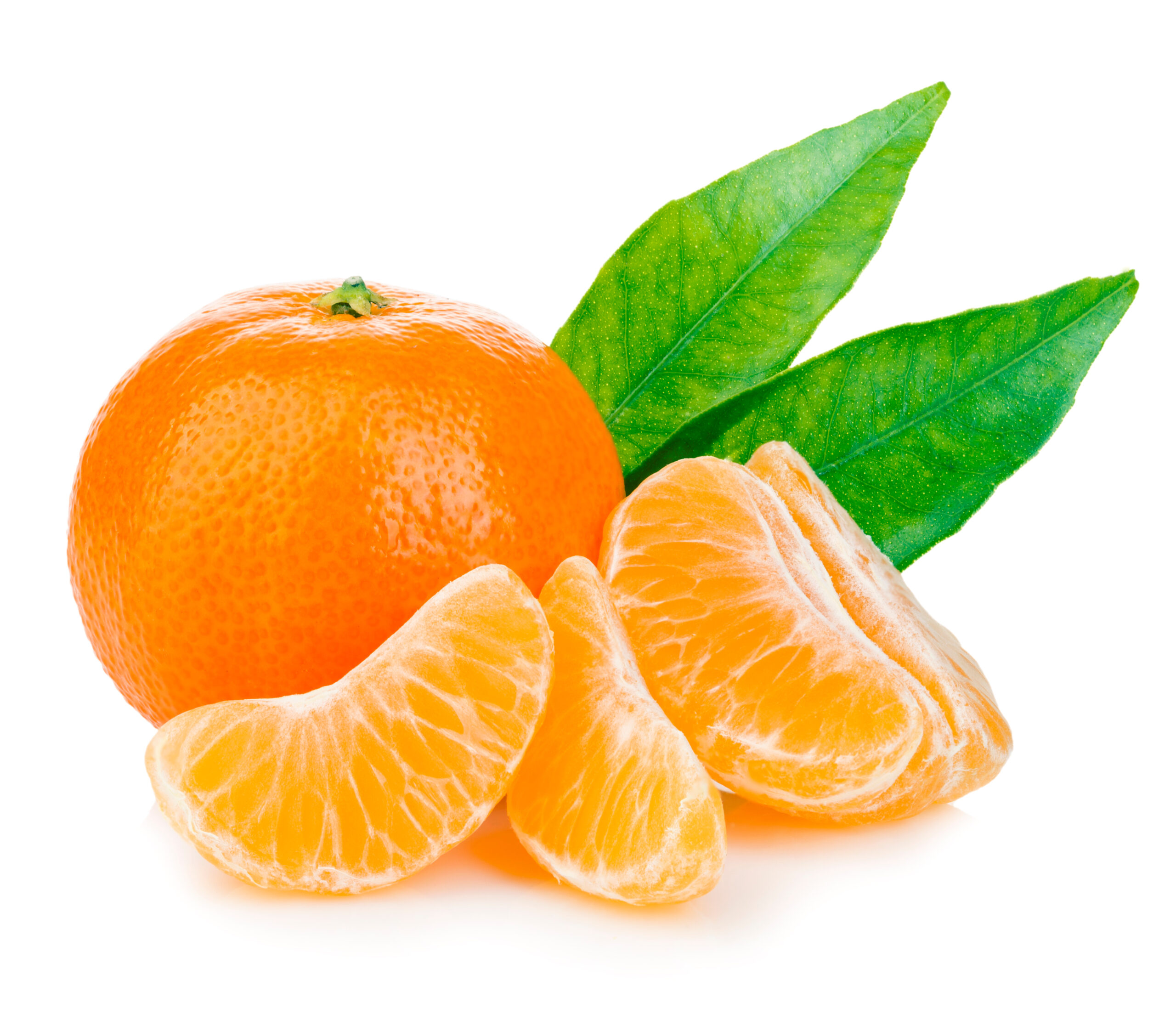Seasons/Availability
Mandarins are available in the late fall through mid-winter.
Current Facts
Mandarins are botanically classified as Citrus reticulata and are a member of the Rutaceae family. There are hundreds of varieties of mandarins, some with deep orange skins and others with yellow or golden-orange exteriors. The most popular cultivars include Clementine, Satsuma, Dancy Tangerine, Honey Mandarin, Temple Tangor, Ortanique and Oroblanco.
Nutritional Value
Mandarins are high in vitamin C and fiber and contain trace amounts of iron, calcium and magnesium. They also provide folate (vitamin B9) which helps support healthy cell function.
Applications
The sweet flavor and easy to peel skin of mandarins make them a popular snack. They can be eaten raw, juiced, or cooked in dishes like stir-fries and salads. Mandarin juice is often used to add a sweet citrusy flavor to drinks and desserts. In some cuisines, the zest of mandarins is added to sauces as flavoring. The essential oil extracted from mandarin peels is also used for aromatherapy and natural perfumery.
Health Benefits
Eating mandarins can help support healthy digestion since they are rich in dietary fiber. The antioxidant properties of vitamin C found in mandarins helps protect against cellular damage from free radicals while supporting immune system health. The folate present in mandarins also helps reduce the risk of birth defects in pregnant women. The potassium content of mandarins helps regulate blood pressure and heart rate. Mandarin peels also contain ursolic acid, a compound that can help inhibit tumor growth. Additionally, regular consumption of mandarins may help improve skin health and reduce wrinkles due to their high vitamin C content.
In conclusion, mandarins are an excellent addition to any diet! Not only are they delicious and versatile, but they also provide a variety of essential nutrients needed for overall health. The antioxidants present in mandarins make them great for reducing the risk of disease while their fiber content supports digestion. Plus, thanks to their sweet flavor and bright color, they can add a unique touch to dishes or be eaten on their own. So why not give mandarins a try today? You just might find that adding this little citrus fruit to your diet can bring big health benefits!





